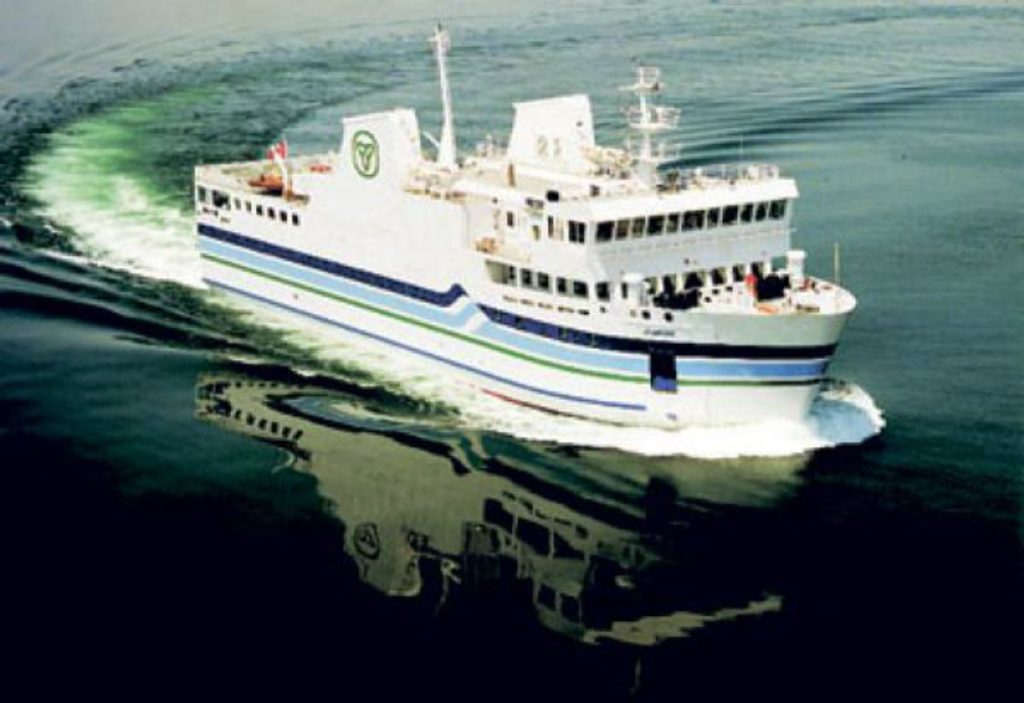In a historic development, Pakistan has granted its first-ever international ferry service license, marking a major leap forward in maritime connectivity and regional integration. The license was awarded to Sea Keepers, a global ferry operator, authorizing routes from Karachi and Gwadar ports to Iran and Gulf Cooperation Council (GCC) countries. Federal Minister for Maritime Affairs Junaid Anwar Chaudhry described the move as a milestone in realizing Prime Minister Shehbaz Sharif’s vision and the objectives of Pakistan’s National Maritime Policy.
Opening Maritime Pathways for Pilgrims, Workers, and Tourists
This ferry service aims to serve hundreds of thousands annually, including religious pilgrims traveling to Iran and Iraq, overseas Pakistani workers, and tourists bound for GCC nations. The route provides a safe, cost‑efficient alternative to overland travel which is currently restricted in areas like Balochistan and to expensive air transit. Officials estimate that even if 20% of the estimated one million annual pilgrims opt for sea travel, the ferry could serve 140,000 to 200,000 passengers per year.
Accelerated Licensing and Regulatory Reform
Historically, ferry service applications suffered bureaucratic delays taking up to six months to secure approval. To expedite operations, the Maritime Ministry has reduced the licensing window to just one month, with full digital integration into the Pakistan Single Window system. This reform aims to eliminate procedural red tape and encourage private sector participation.
Operational Rollout and Vessel Readiness
Ferry operations are set to begin from Karachi and Gwadar using modern, fully-equipped vessels that meet international safety and comfort standards. Sea Keepers has consulted with regional stakeholders and authorities in Iran and GCC nations to establish routes based on bilateral agreements and passenger demand. A pilot launch is expected within weeks, with scope for future expansion to additional ports.
Economic and Strategic Impacts
The ferry service aligns with Pakistan’s broader strategy to harness its maritime potential and promote blue economy growth. By building a new transport corridor, the initiative is expected to:
- Reduce pressure on overloaded land routes for religious travel during peak seasons.
- Offer budget-friendly mobility for diaspora workers and GCC-bound business travelers.
- Enhance trade logistics and tourism connectivity in line with national economic targets.
Should this initiative succeed, it could strengthen urban centers like Karachi and Gwadar as maritime hubs, attract investment in port infrastructure, and improve Pakistan’s standing in regional transport networks.
Long-Term Vision for Maritime Tourism and Blue Economy
Beyond initial ferry operations, the ministry aims to leverage this model to:
- License additional operators and expand maritime passenger offerings.
- Support cruise tourism, cargo roll-on/roll-off services, and recreational sea travel.
- Develop ferry terminals into integrated transport hubs with immigration, customs, and passenger services.
Maritime officials envision this ferry service as the vanguard of Pakistan’s emerging sea-based transport architecture one that fosters regional people-to-people connections, diversifies tourism streams, and anchors economic resilience.
This ferry license marks Pakistan’s entry into sustainable maritime mobility. By combining regulatory innovation, public-private synergy, and strategic infrastructure rollout, the service holds transformative potential for religious tourism, regional commerce, and the national maritime sector.



Comments (0)
No comments yet. Be the first to comment!
Leave a Comment